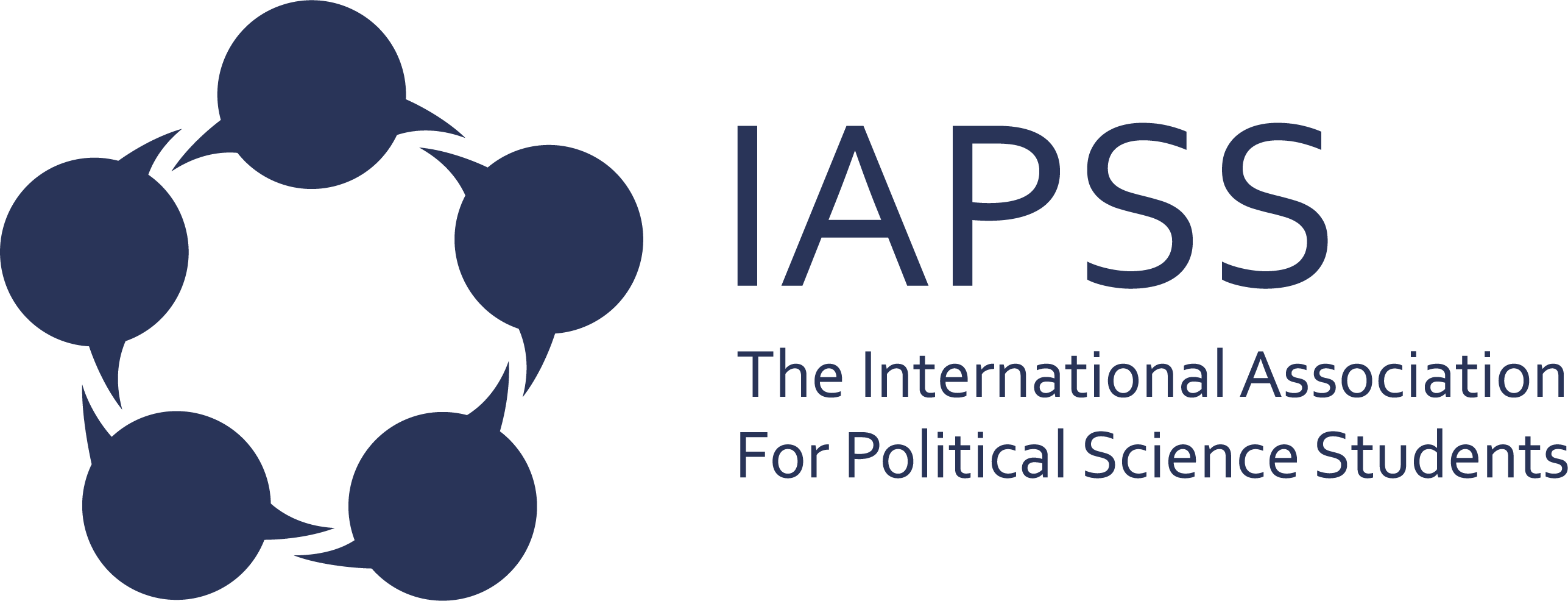Author: Ronald M. Castillo
Executive Summary
This is a research note on an ongoing undertaking in the subfield of political sociology. Zomias are highland areas once coined by van Schendel in 2001 regarding the Southeast Asian massif (compact mountain ranges, see Scott, 2009). James Scott’s study of state and social power birthed two dynamic books, “Seeing Like a State” in 1998 and “The Art of Not Being Governed” in 2009. Together, these two provide a frame for understanding LGBT and State interaction in the age of information.
Puzzle and Background
Data from the Pew Research Institute (Kohut et al., 2013) shows a divided Asia-Pacific on LGBT acceptance. A blend of authoritarian modes of governance along with differing histories maintaining a simplified two-classification of gender leads to suppression of LGBT activity. The 21st Century has seen the birth of the Age of Information, and many political actors have migrated into the realm of information as a strategy. This research investigates the dynamics of state and society within this particular socio-political space as a conceptualization of political behavior in terms of control and response.
The puzzle of this research is situated at the borders of zomias. This space is originally a physical rural space. Both Van Schendel and Scott in their separate writings also speak of them as shatter zones. These locations are highlands where those fleeing the attempts of the State to simplify them for control have migrated into (Scott, 2009). Since the zomias are highlands, we can consider lowlands as the spaces of the State. Easily mapped, easily observed, and easily simplified. Scott (1998) used the process of simplification as social engineering to make a society legible to the state. As the state encroached on various territories, certain groups of people moved from the lowlands to the highlands of the zomia.
The 21st Century witnesses an urban zomia in the form of the world of media, especially the world of the internet. Technological advances, however, equip States with means to also pursue citizens within this space (Chan et al., 2011). Even without the use of technology, simple print media can be placed under tools of control. These can range from outright bans to classifications that degrade a particular group of people such as LGBT (Marcus, 2005; Reuters Staff, 2014).
Conversing with the Literature
Studies on this topic range across an interdisciplinary set of literature. These primarily include political science and sociology. The interface of these two with queer theory, media studies, studies on literature and the humanities, and studies on migration and mobility also enrich the debate.
Power is at the heart of studies on politics regarding the dynamics of State and LGBT within the context of zomia. These include conceptions of understanding power such as those in the analyses of Lukes (2005) and Haugaard (2021). Power can vary based on the context that it is used in. In addition, variations can also be studied on how power is negotiated or strategically secured. The zomia itself was born from ethnographic studies. There is a tradition of studying them as versions of highlands and urban spaces of state avoidance across the globe. Recent examples are the Akhanese in the Upper Mekong (Morton, 2013), and the Ingas from the Andes (do Mar Castro Varela & Tamayo Rojas, 2020).
The intersection of political science, sociology, and queer studies generates an understanding of the gender marginalized. LGBT face discrimination in varying degrees (Knee, 2018; McWilliams & Mohrman, 2021; Proctor, 2020; Pryor, 2017; Southerton et al., 2020). Migration studies provide ideas on human mobility, and transnational theory also intersects with media and the internet. Political science, sociology, queer, and media meet in the world of information whether in print, broadcast or in the digital world of the world wide web (Nanditha, 2020; Sinpeng, 2020; Wang & Tan, 2023). The vast array of the literature shows a sprawl of cases of State-LGBT conflict. Most of these documents record socio-political behavior within the context of urban lowlands. However, the urban zomia is yet to be documented and offers a gap for research to be undertaken.
Filling the Gap
This project is named in part with the idea of zomia spectrums given that spectrums are variations that can be studied in terms of LGBT response to state control. In addition, state control can also vary regarding how to address the LGBT movement within their community. Conceptualization through theory-building research is the best approach to a study with no clearly defined variables. Scott’s two books, “Seeing Like a State” and “The Art of Not Being Governed,” provide a structural frame with which to proceed. The former details state activities for control while the latter provides descriptions of society’s activities to escape.
The proposed sites of study for this project are China, Singapore, and Thailand. Each of these three is a state with varying states of democracy and authoritarian control. Each also has varying states of acceptance of LGBT. Sources of data can come from online ethnography, and synthesis of country reports (UNDP has a set of reports on being LGBT in Asia). Monographs and journals also contain cases that detail LGBT activities within the realm of media and the internet concerning state suppression.
Conclusion
This research note concludes with an expected set of findings of two variations of the urban zomia: a rainbow and a shadow. Just as their names suggest, one is wherein the actors only disengage to return, a form of temporary retreat. It is circular in terms of human mobility. The other is just as bleak as its name, actors are dissatisfied with the states and thus do not engage in negotiations and instead seek to be themselves in spaces where the state has no control. The outcome of this project is not meant for policymakers but rather is intended for academics seeking to understand power and actors from a socio-political perspective. More so, it is intended for society, specifically, LGBT order to provide data in empowering the movement in terms of making strategies with state engagement.
As of the writing of this research note, its abstract has been accepted at the 2023 Philippine Political Science Association Conference. Its initial draft as a research proposal will be presented in a panel on political sociology with the theme: Power, Language, and Dissonance. The Conference will be held at the City of Iloilo in the Visayan islands of the Philippines on 7-8 June 2023.
References
Chan, C., Dao, A., Hou, J., Jin, T., & Tuong, C. (2011). China’s Great Firewall. Stanford: Free Speech vs Maintaining Social Cohesion. https://cs.stanford.edu/people/eroberts/cs181/projects/2010-11/FreeExpressionVsSocialCohesion/china_policy.html
do Mar Castro Varela, M., & Tamayo Rojas, C. (2020). Epistemicide, postcolonial resistance and the state. Postcolonial Studies, 23(2), 226–240. https://doi.org/10.1080/13688790.2020.1751913
Haugaard, M. (2021). The four dimensions of power: conflict and democracy. Journal of Political Power, 14(1), 153–175. https://doi.org/10.1080/2158379X.2021.1878411
Knee, E. (2018). Gay, but not Inclusive: Boundary Maintenance in an LGBTQ Space. Https://Doi.Org/10.1080/01490400.2018.1441767, 41(6), 499–515. https://doi.org/10.1080/01490400.2018.1441767
Kohut, A., Wike, R., Bell, J., Menasce Horowitz, J., Simmons, K., Associate, R., Stokes, B., Poushter, J., Ponce, A., Gross, E. M., & Barker, C. (2013). The Global Divide on Homosexuality Greater Acceptance in More Secular and Affluent Countries. http://pewglobal.org
Lukes, S. (2005). Power: A Radical View (Second). Palgrave Macmillan.
Marcus, S. (2005). Queer Theory for Everyone: A Review Essay. Signs: Journal of Women in Culture and Society, 31(1), 191–218. https://doi.org/10.1086/432743
McWilliams, J., & Mohrman, K. (2021). Queering Identities: LGBTQ+ Sexuality and Gender Identity | Coursera. Coursera. https://www.coursera.org/learn/queeringidentities#syllabus
Morton, M. (2013). “If You Come Often, We Are Like Relatives; If You Come Rarely, We Are Like Strangers”: Reformations of Akhaness in the Upper Mekong Region. Advances in Southeast Asian Studies, 6(1), 29–59. https://doi.org/10.14764/10.ASEAS-6.1-3
Nanditha, N. (2020). Digital queer: Tracing the digital discourse around section 377 of the indian penal code. Digital Studies/ Le Champ Numerique, 10(1). https://doi.org/10.16995/DSCN.326
Proctor, A. (2020). LGBT People as a Relatively Politically Powerless Group. Oxford Research Encyclopedia of Politics. https://doi.org/10.1093/ACREFORE/9780190228637.013.1185
Pryor, J. T. (2017). Visualizing queer spaces: LGBTQ students and the traditionally heterogendered institution. Https://Doi.Org/10.1080/19361653.2017.1395307, 15(1), 32–51. https://doi.org/10.1080/19361653.2017.1395307
Reuters Staff. (2014, July 17). Archie comic banned in Singapore as censorship dispute escalates | Reuters. Reuters. https://www.reuters.com/article/us-singapore-censorship-idUKKBN0FM0LU20140717
Scott, J. C. (1998). Seeing Like A State. Yale University Press.
Scott, J. C. (2009). The Art of Not Being Governed An Anarchist History of Upland Southeast Asia. Yale University Press.
Sinpeng, A. (2020). Digital media, political authoritarianism, and Internet controls in Southeast Asia. Media, Culture and Society, 42(1), 25–39. https://doi.org/10.1177/0163443719884052/ASSET/IMAGES/LARGE/10.1177_0163443719884052-FIG2.JPEG
Southerton, C., Marshall, D., Aggleton, P., Rasmussen, M. Lou, & Cover, R. (2020). Restricted modes: Social media, content classification and LGBTQ sexual citizenship. Https://Doi.Org/10.1177/1461444820904362, 23(5), 920–938. https://doi.org/10.1177/1461444820904362
Wang, Y., & Tan, J. (2023). Queer Cultures in Digital Asia| Participatory Censorship and Digital Queer Fandom: The Commercialization of Boys’ Love Culture in China. International Journal of Communication, 17, 19. https://ijoc.org/index.php/ijoc/article/view/19802

Ronald Castillo is ADV Editor-in-Chief A.Y. 2022-2023. He is currently a Ph.D. student on Asia Pacific Studies at National Chengchi University, Taipei, Taiwan. His academic track is on the study of media and gender politics, often using methods of mapping, whether by geography or any of the tools where political science interface with other disciplines.



